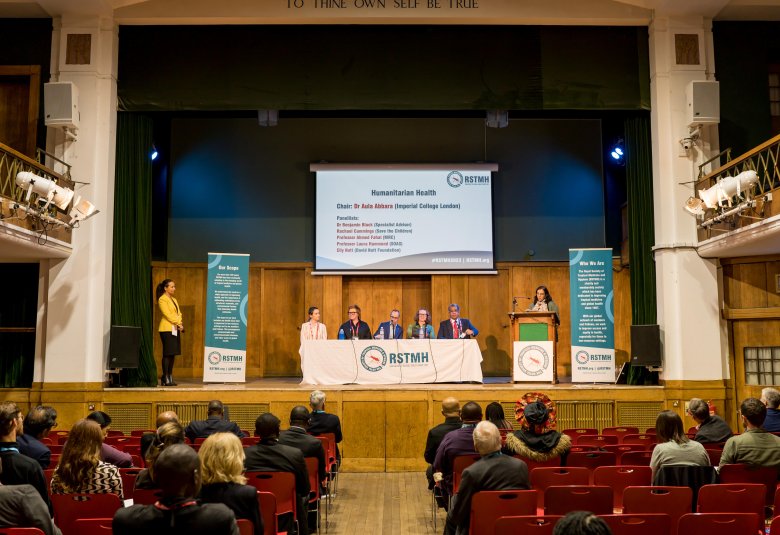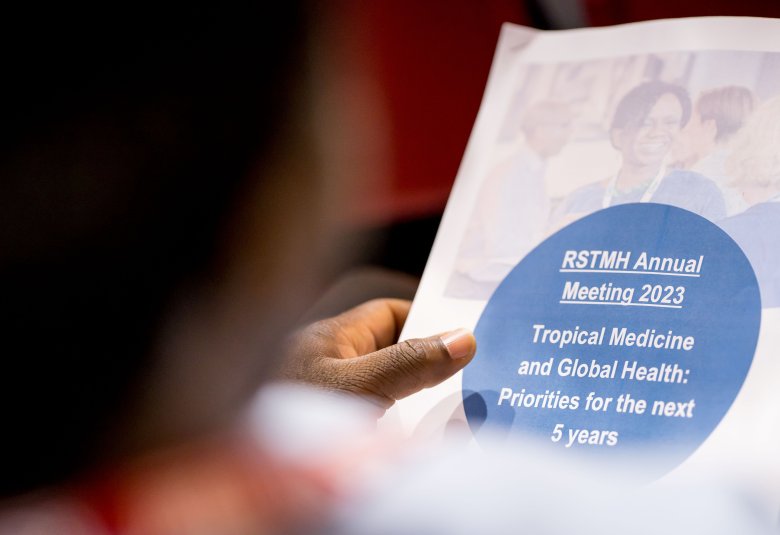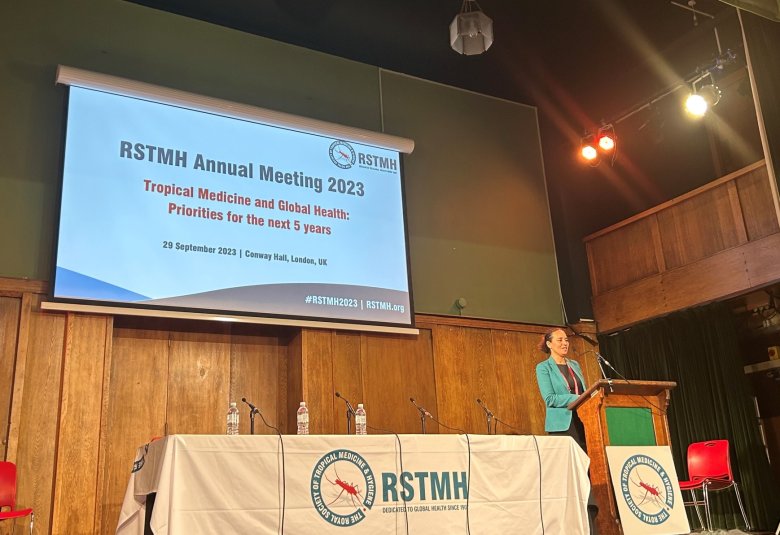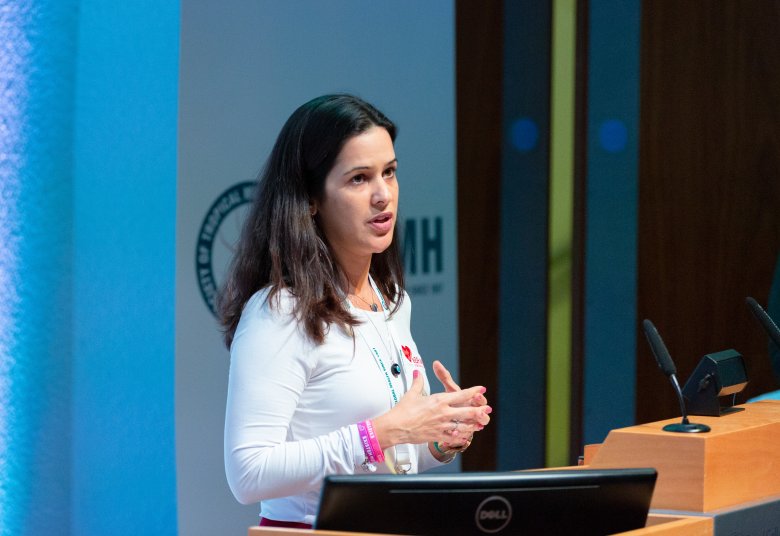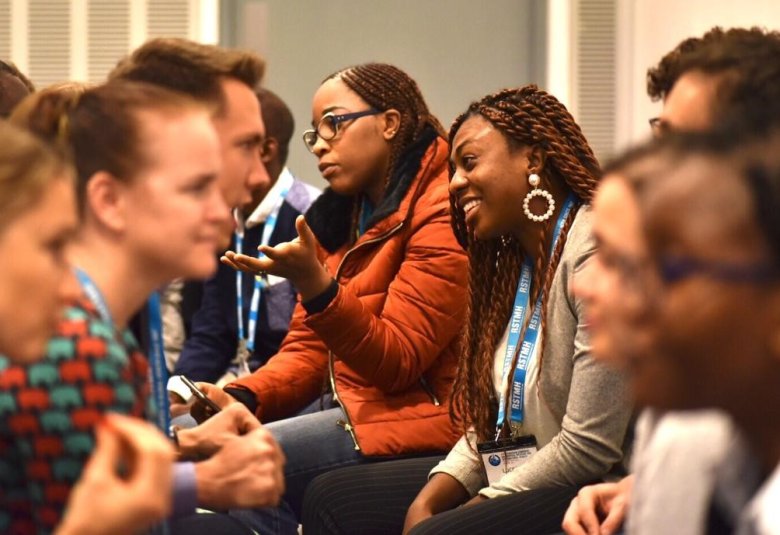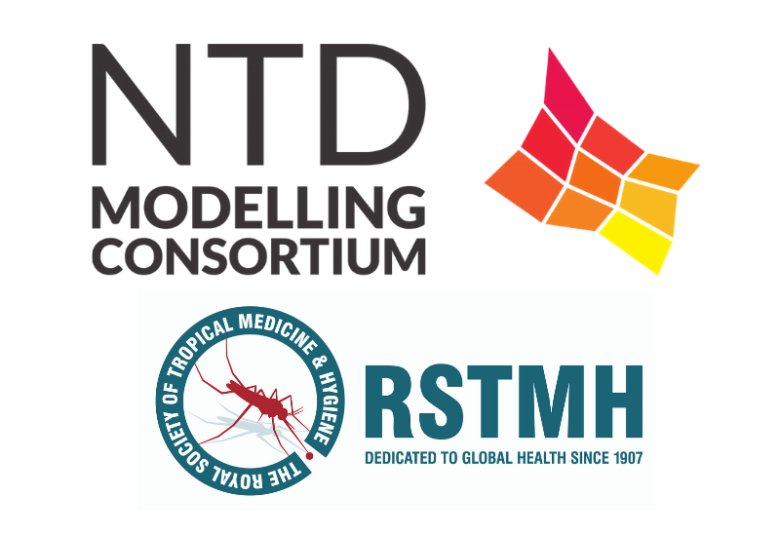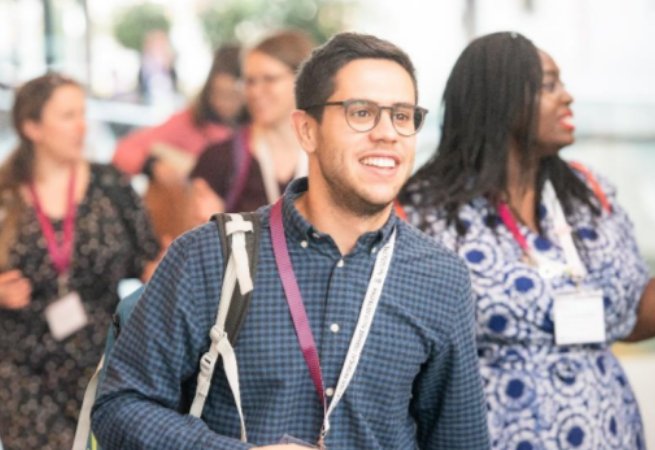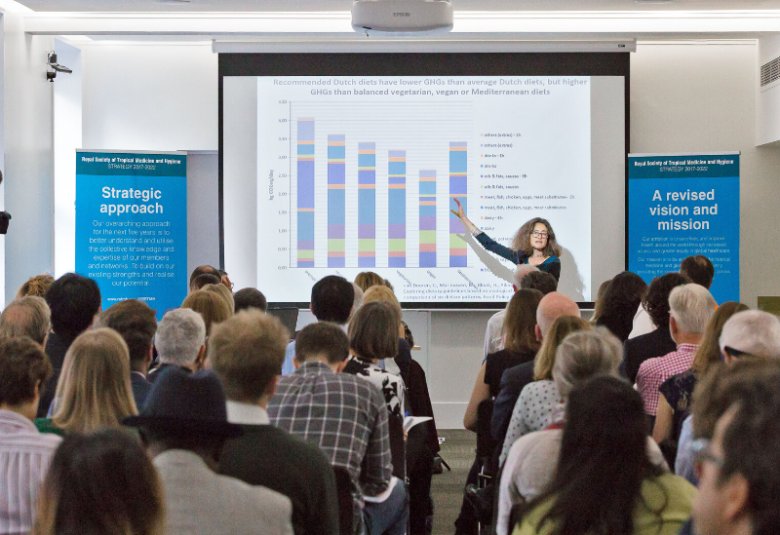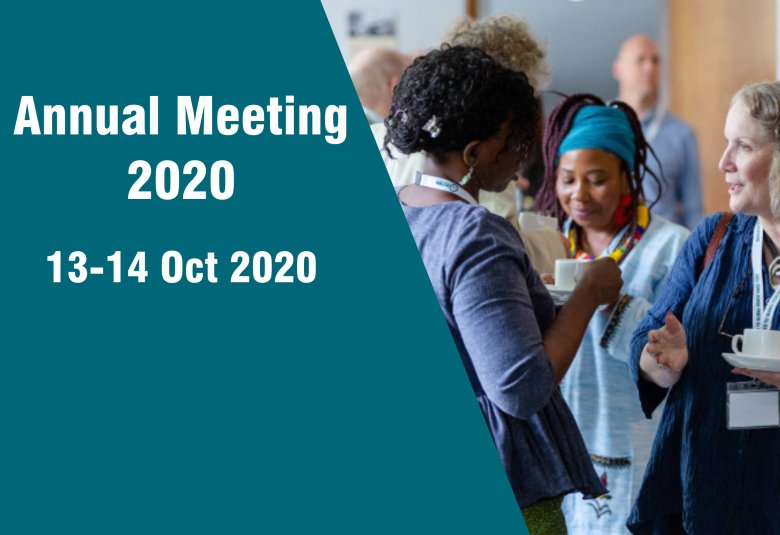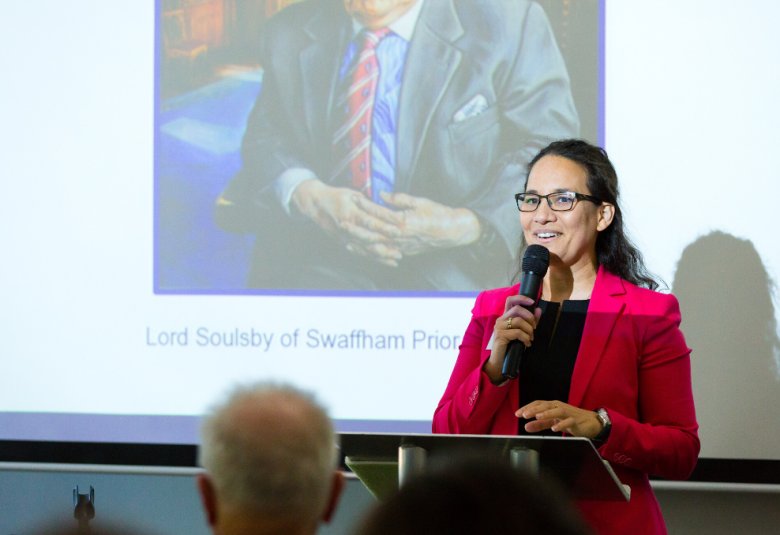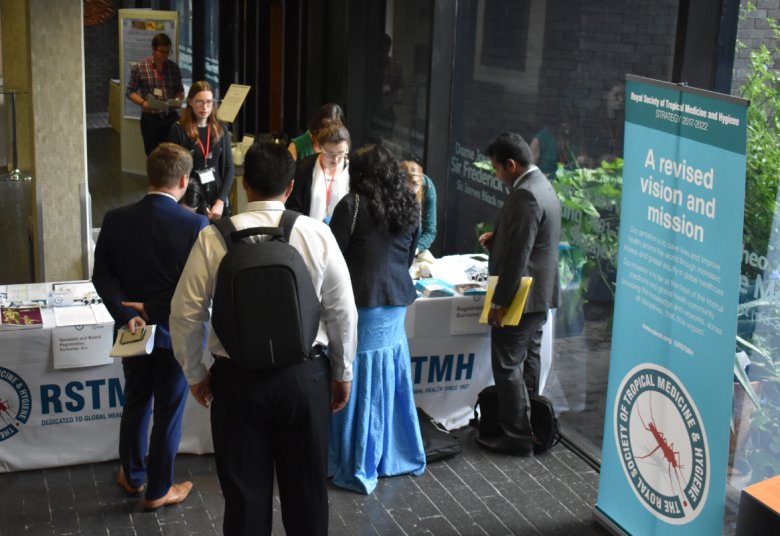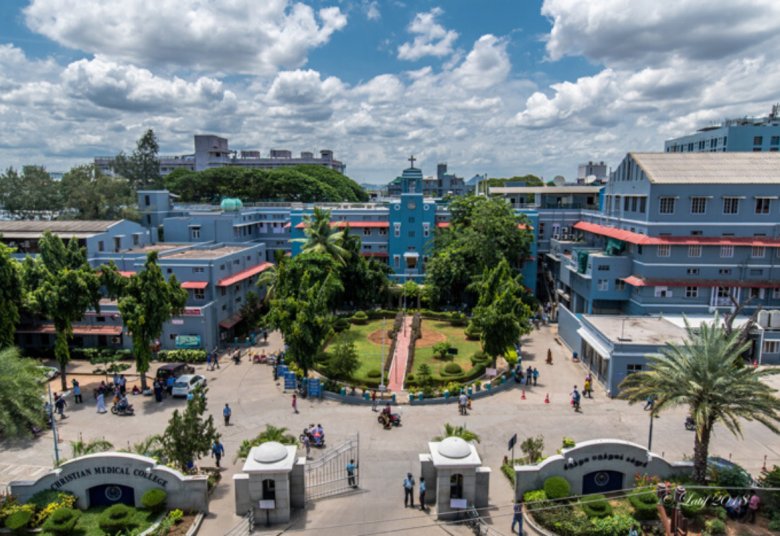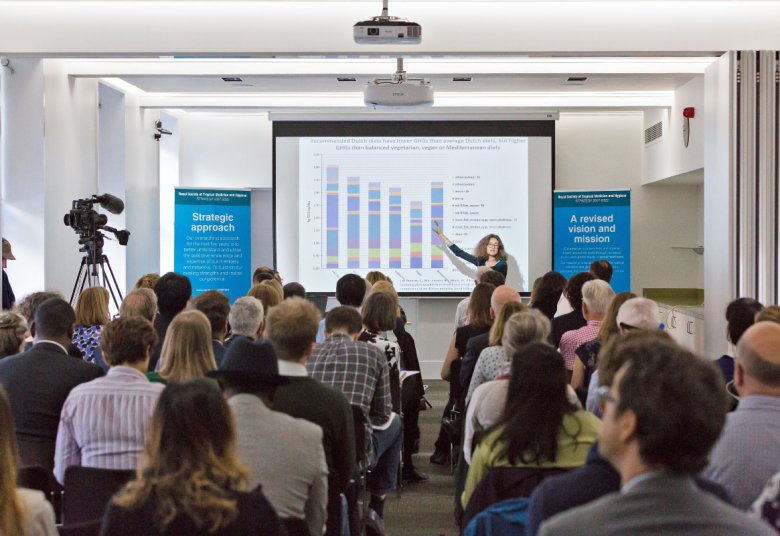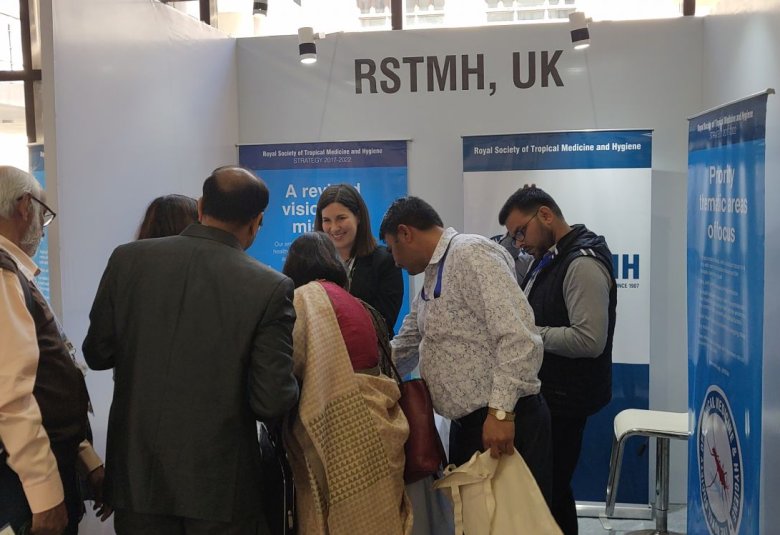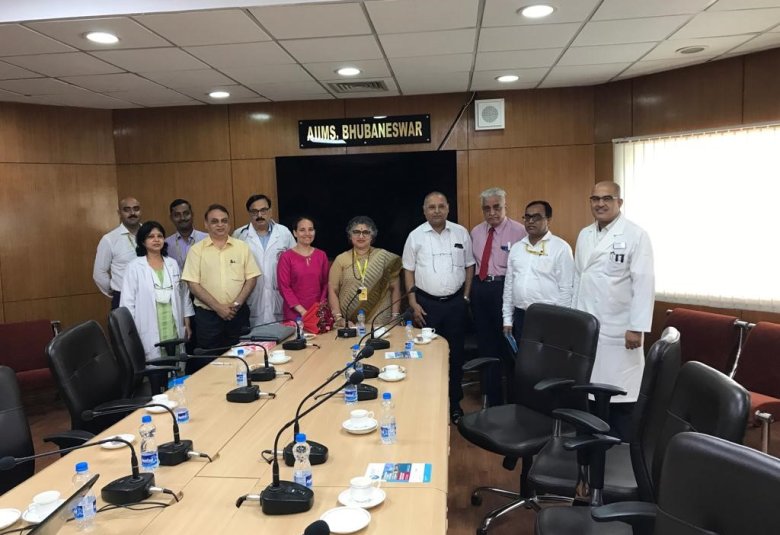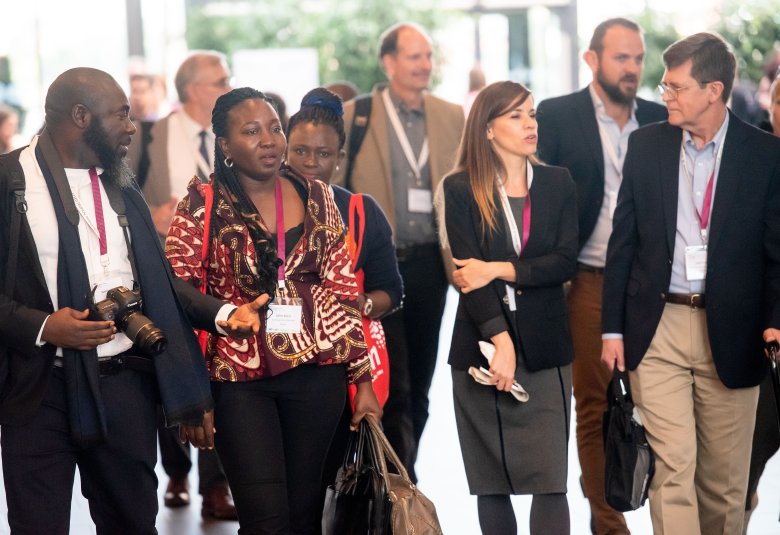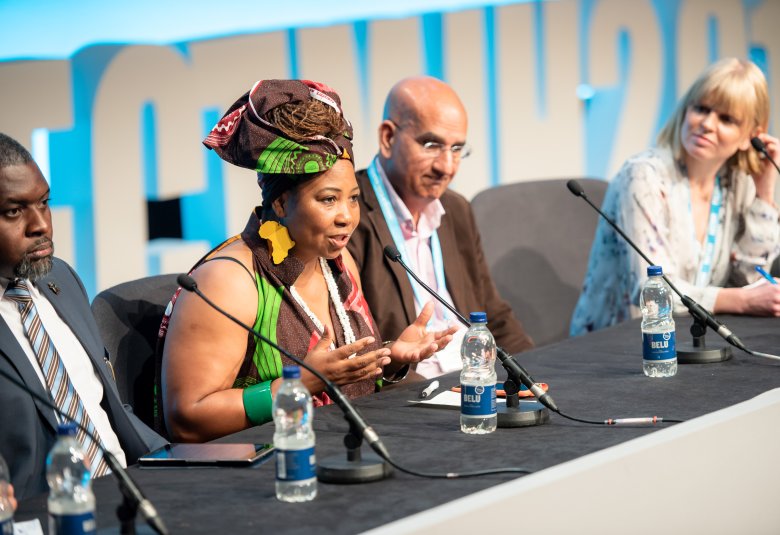RSTMH reflects on the MSF Scientific Day
RSTMH Chief Executive Tamar Ghosh participated in the MSF Scientific Days in May. The 2017 Scientific Days featured events in London, New Delhi, Australia, Malawi, and Argentina. More than 7,000 people in 112 different countries participated and live Facebook streams of presentations garnered 40,000 viewers worldwide.
The London Meeting
The London meeting featured research presentations and panel discussions, poster presentations, and technology demonstrations. Day 1 centred on medical research, namely HIV and TB, lessons learned from emergency responses, data in emergency settings, access and quality of care improvements, and prevention and elimination. Lectures spanned the health and humanitarian field, from treatment adherence, drug resistance, non-communicable diseases, vaccination, and emergency room activities. Innovation was the theme of day 2 and highlighted MSF work in innovations for operational challenges, mapping and surveillance, field-tested approaches in clinical support, and overcoming obstacles to care delivery.
RSTMH’s CEO Tamar Ghosh chaired the session on ‘Processes and partnerships: bridging gaps in solving operational challenges,’ which featured four MSF-led humanitarian innovations.
Teri Roberts of the MSF Access Campaign discussed the development of a draft target product profile (TPP) and feasibility study for an open-source multiplex fever diagnostic (MFD) platform for fevers that are difficult to diagnose and manage. The aim of the MFD is to test for biomarkers to detect fever-causing pathogens, distinguish bacterial versus non-bacterial infections, and assess antibiotic susceptibility.
MSF Sweden Innovation Unit’s Andreas Larsson presented an MSF-conducted evaluation of ‘thons’: hackathons, makeathons, and mapathons. MSF used online surveys and interviews to examine the outcomes, success factors, and lessons learned from such accelerated innovation events. Key findings included that managing expectation and planning the next steps to continue activity beyond a ‘one-and-done’ event are both critical factors to maximise outcomes.
Development of a new steam sterilizer for surgical activities was presented by Louis Potter from MSF Belgium/MSF Sweden Innovation Unit. Field tests of the autoclave design are underway in Haiti and have found improvements in both water and time efficiency, but needs additional adaptations with power considerations in mind.
Finally, Peter Masters of MSF UK discussed the time and cost-savings resulting from a novel co-design approach for developing and testing solutions. The co-design approach, during which field staff were embedded in a product design agency, was used by MSF to design a sustainable solution for IV bag holders in patient transport vehicles.
Additional information on the MSF Scientific Days can be found on the event website.
